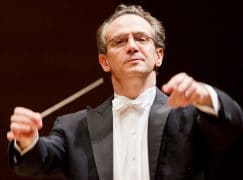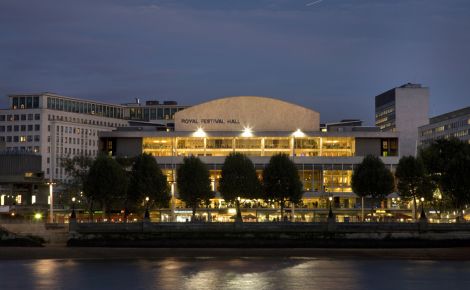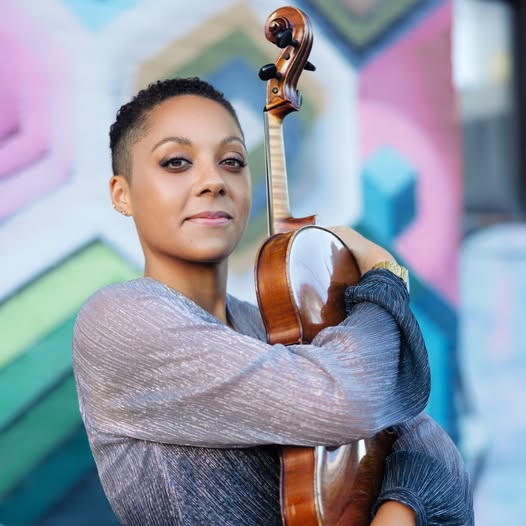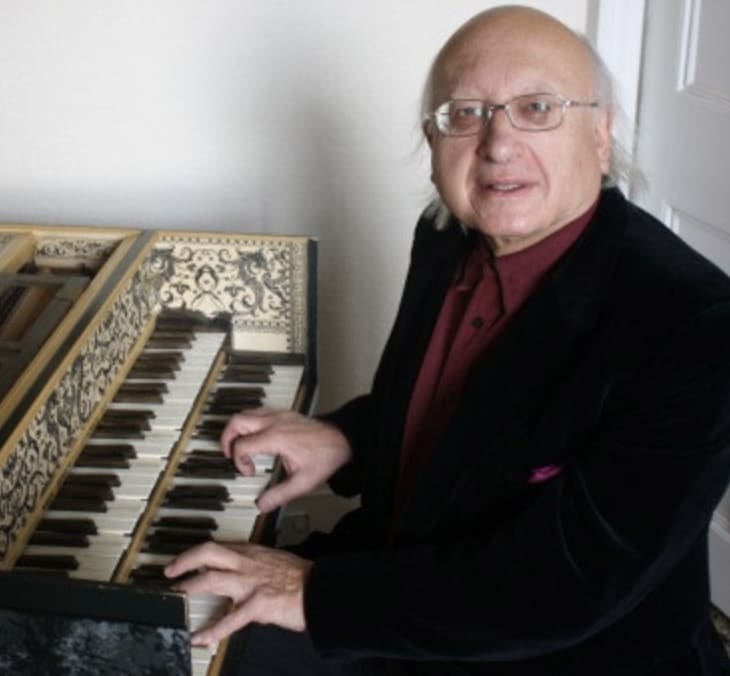Fabio Luisi quits Paganini competition over jury fears
mainThe distinguished Italian conductor was appointed artistic director of the Paganini Competition in Genoa in 2014 and served as president of the jury the following year.
He was busily preparing for the next competition in Genoa in April 2018 when, after a local political upheaval, the city’s new ‘Assessore e Marketing Territoriale’ for cultural affairs, Elisa Serafini, informed him that she was appointing additional ‘prestigious’ names to the jury.
In order to eliminate corruption, Luisi had cut out the usual roomful of incestuous jury members – the likes of Zakhar Bron, his pupils and his pals – and replaced them with objective conductors, musicians and critics.
Ms Serafini told him she was recruiting Igor Ozim, Dmitri Berlinsky, Roman Lasocki and Tatsumi Akiko to the jury. She was also appointing Zakhar Bron to be the competition’s ‘global ambassador’.
Fabio Luisi, one of the most honest maestros in the music world, resigned ‘irrevocably’ on Monday.
The Paganini Competition is now as rotten as the rest.






Comments